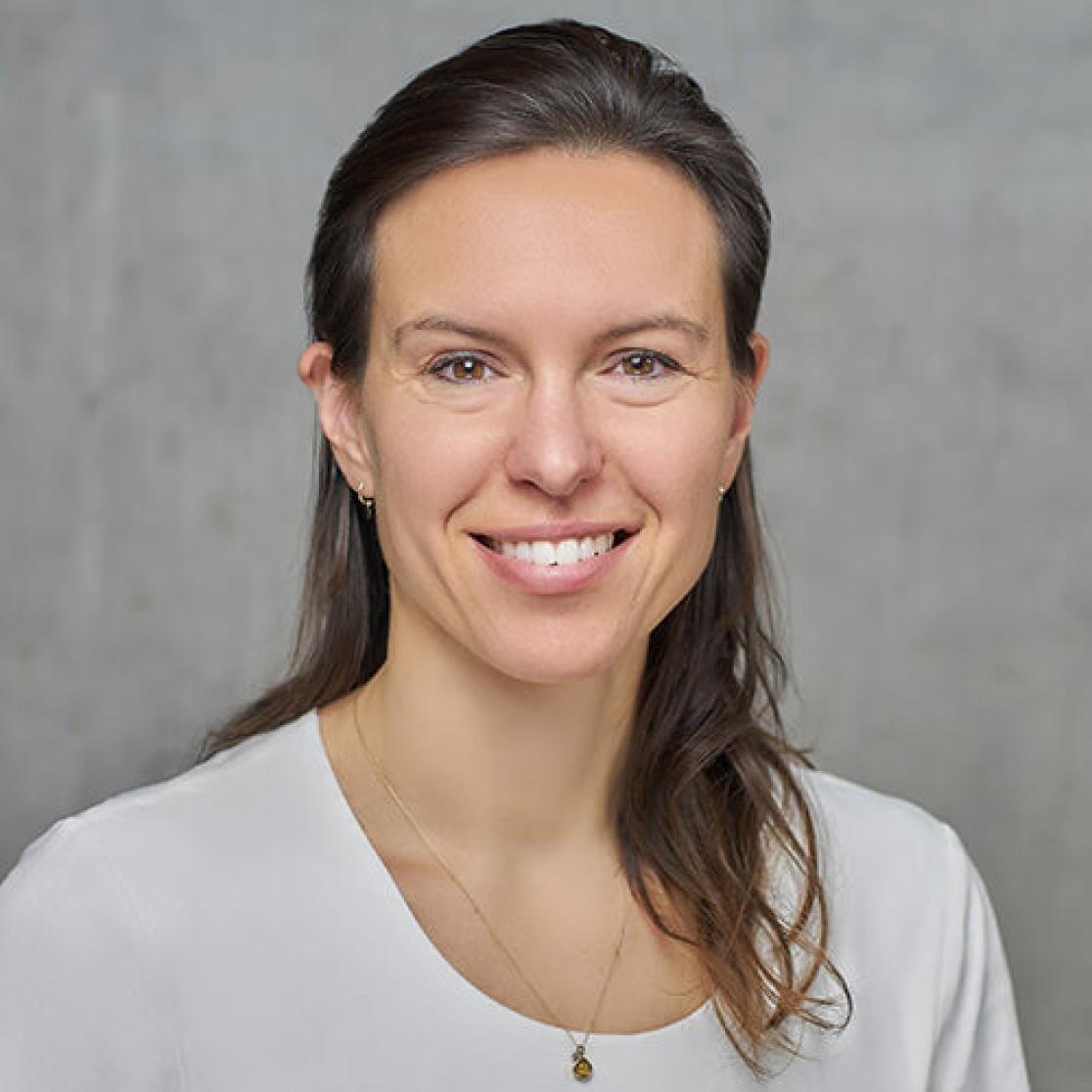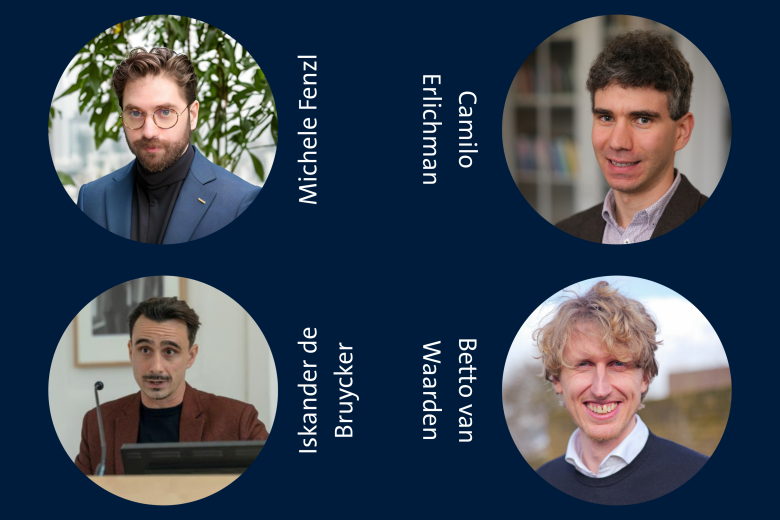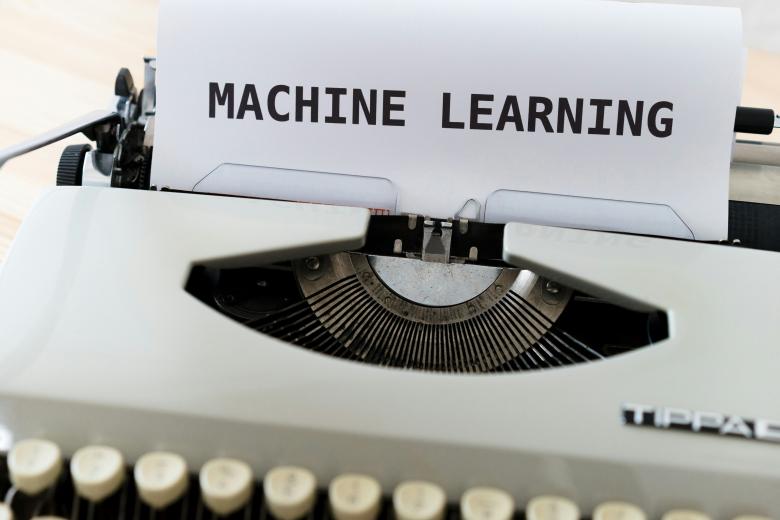Psychologist Sophie Leijdesdorff: "Taking the step to seek help is often daunting. That’s why @ease makes it more accessible"
Around two-thirds of all mental health disorders develop before the age of 25. At the same time, young people often find taking the step to seek help for mental health issues, financial troubles, or social problems too overwhelming. They feel ashamed, believe their problems aren't serious enough, or simply don't know where to turn. That’s why @ease exists: here, young people aged 12 to 25 are welcome at drop-in locations or via chat to talk about their problems. What makes an initiative like @ease so valuable? We discussed this with Dr. Sophie Leijdesdorff, Assistant Professor Youth Mental Health, as well as a supervisor and trainer at @ease.
A period of significant change
It’s not surprising that mental health issues often arise before the age of 25. Leijdesdorff offers a psychological explanation for this: “It’s a period of significant change. For one, your brain continues to develop until you’re around 25. But a lot also changes on a social level during this time. Often, this is the stage of life when you move out of your parents’ home and have to make decisions about your education and career. Up until then, your life was structured around the rhythm of school. Suddenly, you have to take care of yourself, take on more responsibility, and rely more on your peers rather than your parents. It’s a period full of opportunities but also one of vulnerability.”
Hesitant to seek help
At the same time, research shows that young people often face many obstacles when it comes to seeking (psychological) help. Leijdesdorff explains: “Firstly, this group doesn’t always recognise their own problems. We learn a lot about physical health, but we aren’t taught how to recognise whether we’re doing well mentally. Secondly, they often feel ashamed about it. Young people also tend to avoid ‘bothering’ others with their problems. Thirdly, they sometimes think their issues aren’t serious enough. Partly due to long waiting lists, they hesitate to seek help, fearing they might take the place of someone else.”
"Even when young people realise they need help, they don’t always end up in the right place. Leijdesdorff explains: “The GP is the first point of contact for psychological help, but not everyone knows that. It is also often unclear how the costs for mental health care work. Do you have to pay for it yourself, or is it covered? How does the excess work, and what is the personal contribution?"
That’s why Leijdesdorff sees great value in initiatives that are positioned before access to healthcare, such as @ease. “At @ease, you’re helped in an accessible way by a volunteer who’s your own age. This makes the step towards help smaller and gives young people the feeling that they’re not alone. At @ease, we can also help the young person figure out where they can turn to and what the costs are. Young people can come to us with mental health issues, but also if they’re facing problems with their studies or work, financial issues, or social challenges.”

Dr. Sophie Leijdesdorff works as an Assistant Professor in Youth Mental Health at the University of Maastricht within the ‘Mental Health and Neuroscience’ research institute and the Department of Psychiatry and Neuropsychology. Leijdesdorff graduated as a psychologist and has been involved with @ease since its founding. She completed her PhD with her thesis titled ‘Ain’t no mountain high enough: how to improve access to youth mental health care’. Currently, she is practising as a psychologist at @ease and also trains new staff and volunteers. In addition, as a university lecturer, she leads a research group where PhD students conduct research on @ease and similar initiatives.
@ease: accessible help
@ease was founded because founders Thérèse van Amelsvoort and Rianne Klaassen believe that things can and must change. At @ease, young people can walk in without an appointment to speak with a volunteer. They can also reach out via chat. The idea behind it is that talking helps to relieve stress, makes you feel stronger, and gives the sense that you’re not alone. “By reaching out in time, we can prevent problems from getting worse and also avoid the need for long-term care later on,” Leijdesdorff sums it up beautifully.
@ease now has no less than 14 locations across the Netherlands, including in Maastricht, Amsterdam, Rotterdam, Roermond, Heerlen, and Eindhoven. Each year, @ease volunteers conduct over 600 face-to-face conversations with young people at the drop-in centres and 1,600 online chat sessions.
The period from your 18th to your 25th year is a time of great opportunity, but also one of vulnerability. It’s therefore not surprising that many mental health issues arise during this phase.
Sophie LeijdesdorffImprovement at the core
Leijdesdorff became involved in the founding of @ease during her doctoral research. During her master's in Clinical Psychology, she noticed that people often relapse into mental health problems after treatment. "And," as she explains, "if you want to improve something, it makes sense to start with the group where most problems arise. That’s why I find it so important to focus my research on young people. They are still in the prime of their lives, but can sometimes struggle immensely during a time when so much is changing. I find it rewarding to work together to help young people with problems lead a happy and healthy life again."
The problems young people come to @ease with are very diverse. These include stress, sadness, loneliness, anxiety and insecurity, financial issues, substance use, or an unsafe home situation. “Often, it’s a combination,” adds Leijdesdorff. “For example, an unsafe home environment, substance use, or financial stress can lead to other issues."
For young people, by young people
The @ease volunteers are between the ages of 18 and 30 and are eager to make a difference for other young people. “Our group of volunteers is very diverse, just like the young people who come to us,” says Leijdesdorff. “All volunteers undergo training where they learn to listen well and think along. There is always a healthcare professional (such as a psychologist or youth doctor) present at our locations. The volunteers discuss each conversation with that person afterwards to learn from it together. There is also always an option to call a psychiatrist in case of a crisis. Of course, we only involve external help after consulting with the young person themselves.”
That @ease is an initiative by young people for young people is also evident from an anecdote that Leijdesdorff remembers to this day. “The most remarkable story is that of one of our first visitors: a medical student who was struggling with anxiety at the time. After a few conversations, he already started to feel better. Years later, he signed up as a volunteer at @ease and completed his scientific internship here. When he began his career as a doctor, he became a professional at @ease.”
Our group of volunteers is very diverse, just like the young people who come to us.
Sophie LeijdesdorffLooking back at the first years of @ease
In January 2025, @ease will celebrate its 7th anniversary. Recently, a research publication was released about the results of @ease. The findings show that young people who come to @ease experience less stress after a few visits and function better socially, as well as in terms of work or study. On average, they rate the support from @ease with 4.5 out of 5 stars.
What does Leijdesdorff personally find most rewarding about @ease? “At @ease, science and practice go hand in hand. We conduct scientific research at @ease and directly apply the insights in practice, then test the outcomes. There are more initiatives for preventive mental health support, but they don’t have such a strong connection to scientific research. That’s precisely the strength of @ease.”
Tips for dealing with menthal health issues and other problems
Are you facing mental health issues or other challenges? Leijdesdorff has a few tips:
- Know that you're not alone. It’s okay if you're not feeling your best, and it’s okay to talk about it with others. You’ll find that there are many people who share similar issues, fears, or thoughts.
- Talk to someone around you. See if there’s someone you trust with whom you can talk about it. This could be your parents, a friend, a family member, a neighbour, or a teacher. Often, just talking about your problems can bring relief.
- Drop in at @ease during opening hours. There are always people available who are ready to listen and who can help you, if you wish, to find your way forward.
Text: Romy Veul
Also read
-
Four FASoS researchers awarded NWO XS grants
How do lobbyists use disinformation to sway policymakers? Who gets to shape the historical narrative of occupation and violence? Does growing inequality change the way citizens think about politics? And how have politicians defended “truth” across a century of media revolutions?
-
Reducing the Digital Divide: Empowering Students to Train, Evaluate, and Use AI Text Models
The Maastricht Law and Tech Lab, together with the Brightlands Institute for Smart Society (BISS), obtained a € 100.000 a Comenius Senior Teaching Fellow grant.
-
Green school playgrounds boost concentration and wellbeing
Children at schools with green playgrounds are better able to concentrate and display more social behaviour. This is the conclusion of a follow-up study within the long-running project The Healthy Primary School of the Future .